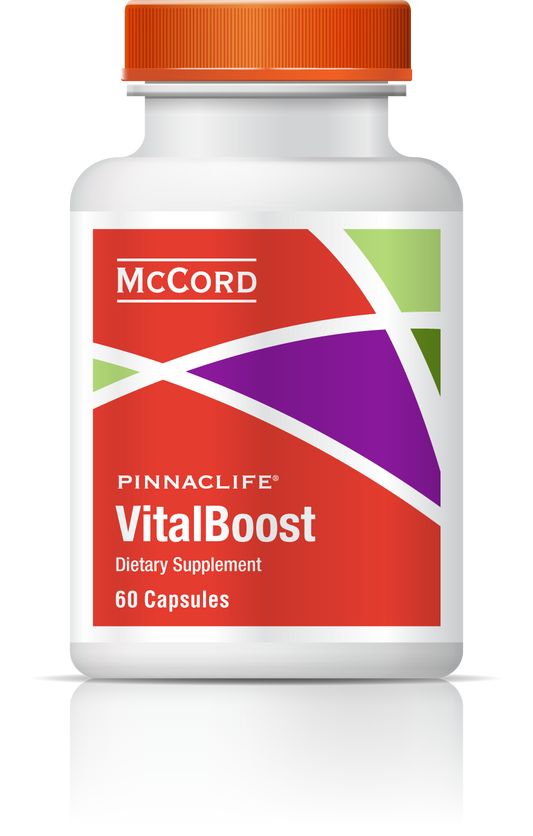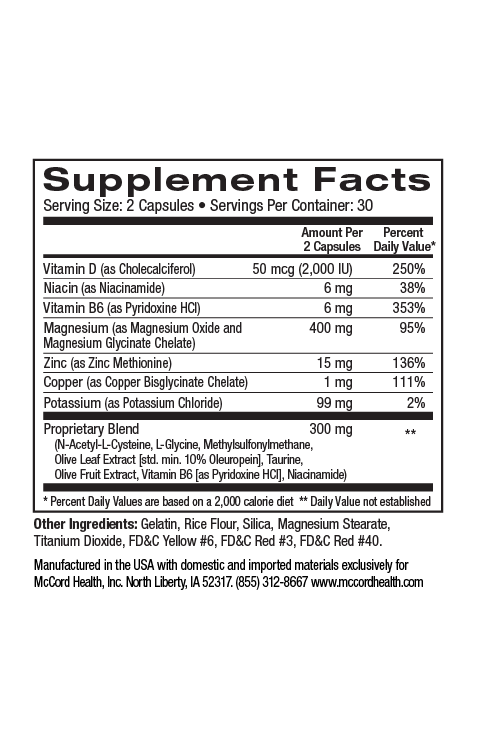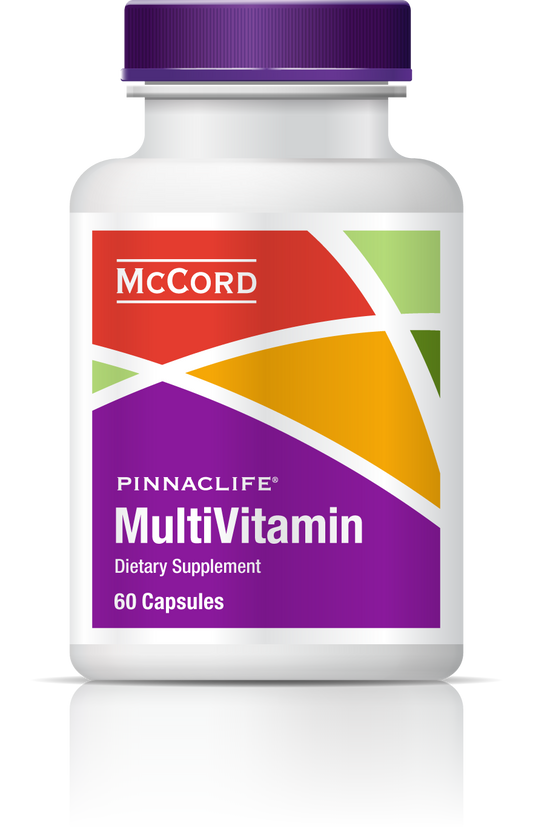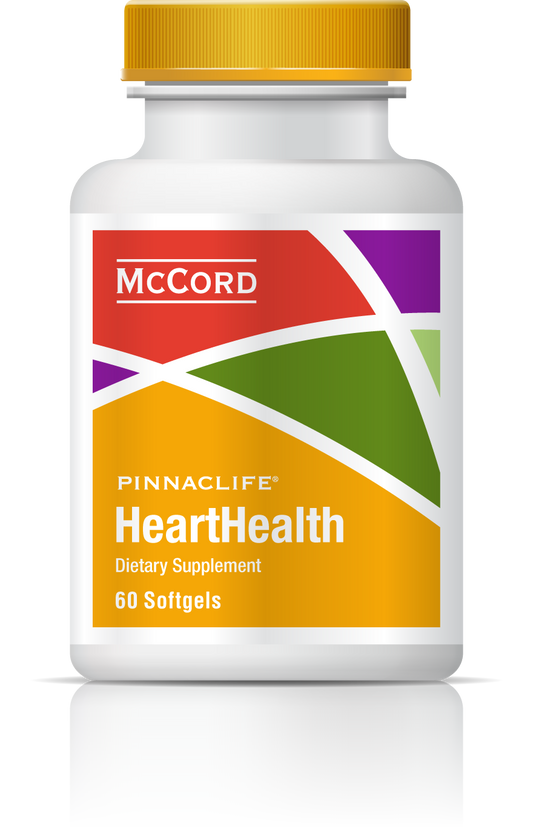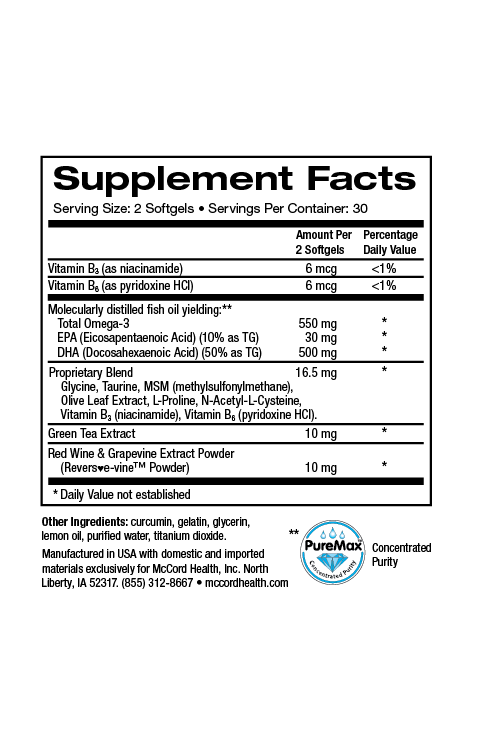In today’s fast-paced world, maintaining mental well-being can be challenging. As people seek holistic approaches to support their mental health, dietary supplements have gained significant attention. But how do they contribute to our mental well-being? Let’s explore this topic in a friendly and straightforward manner.
Understanding the Basics of Dietary Supplements
Dietary supplements are products designed to augment your daily intake of nutrients, including vitamins, minerals, and other beneficial compounds. They come in various forms, such as pills, powders, and liquids. But what role do they play in mental health, and how can they support our overall well-being?
Supplements can fill nutritional gaps and ensure that the body and brain get the nutrients they need to function effectively. For example, deficiencies in certain vitamins and minerals can lead to cognitive impairments or mood disorders. By providing the body with these critical nutrients, supplements can help maintain mental clarity and emotional stability.
It’s important to note that supplements are not a substitute for a healthy diet. Instead, they can be considered a strategic addition to an already nutritious lifestyle. With the right balance, supplements can play a crucial role in maintaining optimal mental health.
Key Supplements for Mental Health
Certain dietary supplements are known for their potential to support brain health and improve mental well-being. These include omega-3 fatty acids, known for their role in brain function, and vitamin D, which has been linked to mood regulation. Let’s dive deeper into these and other essential supplements.
Omega-3 fatty acids have garnered much attention for their role as a natural remedy for conditions like depression and anxiety. Found in fish oil, these essential fats are vital for maintaining the structural integrity of brain cells. They play a key role in facilitating communication between these cells, thereby influencing mood and cognition.
Another noteworthy supplement is folic acid, or vitamin B9. It assists in the production of neurotransmitters like serotonin, which influences mood stability. It’s been suggested that low levels of folic acid might be linked to depression and cognitive decline, making its supplementation valuable for mental health.
How Supplements Affect the Brain
Understanding how supplements interact with the brain can help us make more informed choices. Neurotransmitters, which are chemical messengers in our brain, can be influenced by various nutrients. Learn how these interactions take place and what impact they might have on your mental state.
Supplements like magnesium and zinc are critical to neurotransmitter function. Magnesium, for example, helps regulate nerve transmission and muscle contraction, calming the nervous system and reducing stress responses. Similarly, zinc is known to play a role in axonal and synaptic transmission, influencing the communication in the brain.
The brain is also quite sensitive to oxidative stress, which results from an imbalance between free radicals and antioxidants in the body. Antioxidant-rich supplements like vitamin C and E help neutralize these free radicals, potentially protecting brain tissues and improving mental clarity.
Considerations and Potential Risks
While supplements can offer benefits, it’s important to approach them with caution. Overuse or incorrect combinations can lead to adverse effects. In this section, we’ll discuss the importance of dosage, possible side effects, and the need for personalized advice from healthcare professionals.
Taking excessive amounts of certain vitamins and minerals can result in toxicity. For instance, high doses of vitamin A can lead to liver damage, while excessive intake of vitamin E may interfere with blood coagulation. Understanding the appropriate dosages and interactions for each type of supplement is essential to maximizing their benefits while minimizing risks.
Integrating Supplements into a Healthy Lifestyle
Dietary supplements should complement, not replace, a healthy lifestyle. A balanced diet, regular exercise, and good sleep hygiene are crucial for optimal mental health. Discover how you can integrate supplements into your routine for better outcomes.
Apart from mental health, supplements can support physical health, which in turn can indirectly improve mental well-being. For instance, consistent use of calcium and vitamin D helps maintain strong bones, allowing for more active lifestyles, which are known to have positive effects on mood and cognition.
Incorporating supplements into your daily routine is easier when aligned with existing habits. For instance, taking supplements with your morning meal can become a part of your breakfast routine. Ensuring that dietary supplements fit naturally into your lifestyle enhances the likelihood of maintaining a consistent and, ultimately, effective regimen.
Embracing Supplements for Mental Wellness
Incorporating dietary supplements can be a valuable strategy for enhancing mental well-being, but it’s essential to approach it with knowledge and care. Always consult with healthcare professionals to ensure you’re making the best choices for your health journey. Remember, a balanced diet and lifestyle should always be the foundation of your mental health strategy.


